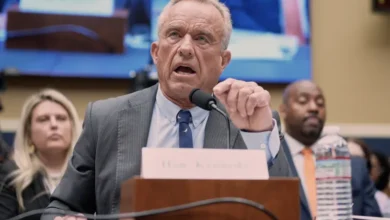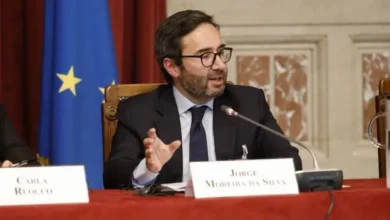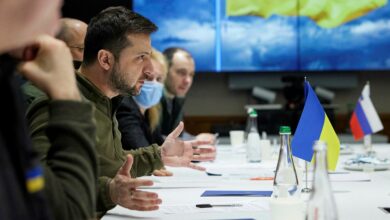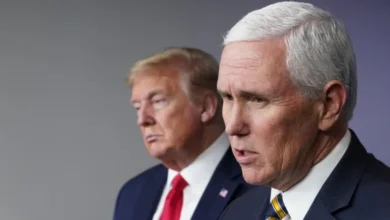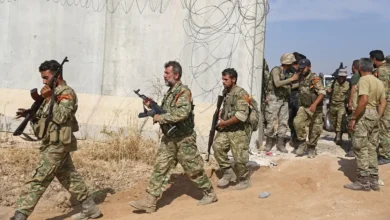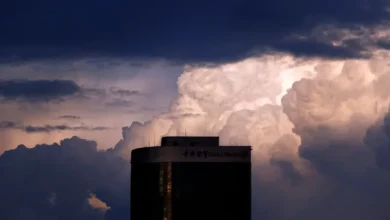What Russia wants from Israel-Iran escalation: Chaos good, war bad
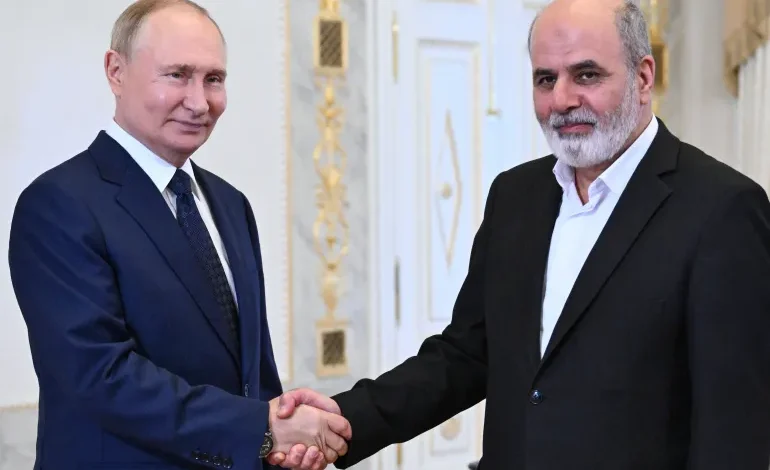
Anna Levina, a Russian researcher and photographer-documentarian living in Beirut, has been stocking up on supplies in preparation for Israel’s assault on Lebanon, and she still has non-perishables sitting in her kitchen since last October, when Hezbollah and Israel started firing missiles at each other.
“The feeling is, of course, unpleasant, but I’ve been waiting for this moment for a year,” said Levina, of the dramatic escalation in Israeli missile strikes on many parts of Lebanon, including Beirut, over the past two weeks, in which more than 2,000 people have been killed. On Tuesday, Israel also announced the start of ground operations in southern Lebanon, where its forces have since been locked in combat with Hezbollah fighters.
Levina spoke of how Israel was “bombing residential buildings, and just now there was another air strike three kilometres from me on some medical centre.”
“It is difficult to cope with this on a human level,” she said.
For Russia, her country, the expanding war between Israel and its neighbours is also difficult on a strategic level, say analysts.Russia’s foreign policy under President Vladimir Putin has revolved around a “multipolar world,” an alternative to the US-led world order. With heightened prospects of a direct confrontation between Israel and Iran, and the war also expanding decisively into Lebanon, what does this latest crisis mean for Russia’s interests as a global power?
“The ongoing escalation of the Arab-Israeli conflict is of serious concern to Russia,” Alexey Malinin, founder of the Center for International Interaction and Cooperation and member of the Digoria Expert Club think tank, told Al Jazeera, noting Russia’s repeated calls
‘Falling into Iran’s orbit’
Russia has received significant Iranian assistance for its own invasion of Ukraine, tying it to Tehran’s interests in the region.
“Russia has been closely cooperating with Iran for the past two-and-a-half years, but exclusively in the military sphere,” said Ruslan Suleymanov, an independent Russian specialist on the Middle East based in Baku, Azerbaijan.
“Iranian weapons are in great demand. They have never been in such demand, and Russia has become dependent on Iranian weapons.”
Iranian military instructors, Suleymanov said, now visit Russia and are helping to build a factory for the production of Shahed drones inside Russia.
“As a result, Russia is forced to support Iran’s allies in the Middle East such as the Hezbollah movement,” Suleymanov said.
for a diplomatic solution.
“However, these efforts are constantly encountering opposition, which is expressed in the desire of the United States to support Israel in almost any situation, primarily in military terms. And this support, which is subsequently used to turn Lebanon into a battlefield, nullifies all statements about the US desire to ensure peace in this region.”
In contrast to the United States and its allies’ steadfast support for Israel, Russia’s Ministry of Foreign Affairs has condemned the entry of Israeli troops into Lebanon, urging Israel to withdraw the soldiers. Earlier, Russia also condemned the killing of Hezbollah leader Hassan Nasrallah, saying Israel “bears full responsibility for the subsequent escalation”.
But as the conflict spreads, especially to Iran, Russia’s goals are not just based on larger foreign policy principles, point out analysts.


